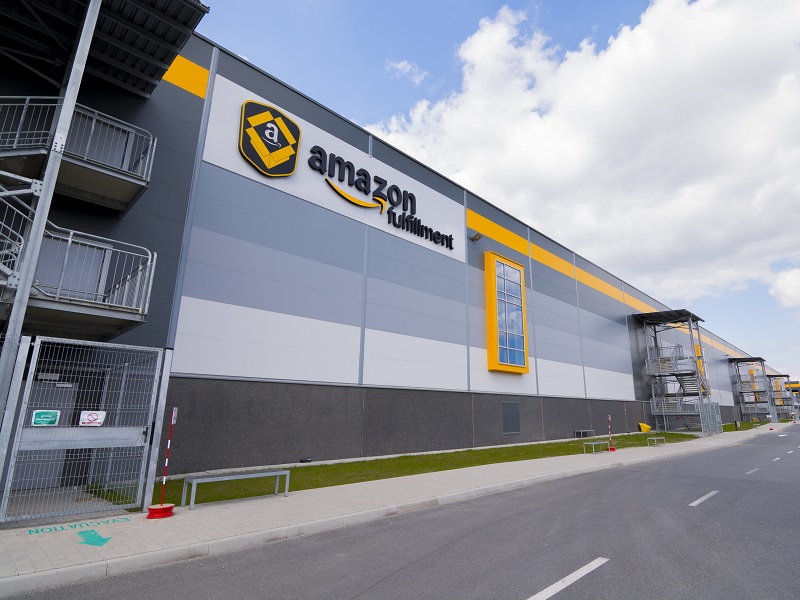
Organizers in Bessemer, Ala., are pushing for some 6,000 Amazon.com Inc. warehouse employees to unionize on the promise it will lead to better working conditions, better pay and more respect.
Vote counting began on March 30 and could take days, or longer, depending on how many votes are received and how much time it takes for each side to review. The only other time Amazon came up against a union vote was in 2014, when the majority of the 30 workers at a Delaware warehouse turned it down.
Read: Amazon launching health-care services app for U.S. employers
Rachael Lighty, a spokeswoman for Amazon, says the company already offers employees what unions want: benefits, career growth and pay that starts at US$15 an hour. She says that the organizers don’t represent the majority of Amazon employees’ views.
For Amazon, which employs more than 950,000 full- and part-time workers in the U.S. and nearly 1.3 million worldwide, including employing staff in Canada, a union could lead to higher wages that would eat into its profits. Higher wages would also mean higher costs to get packages to shoppers’ doorsteps, which may prompt Amazon to raise prices, says Erik Gordon, a professor at the University of Michigan’s Ross School of Business.
Any push to unionize is considered a long shot, since labour laws in the U.S. tend to favour employers. Alabama itself is a “right-to-work” state, which allows employees in unionized shops to opt out of paying union dues even as they retain the benefits and job protection negotiated by the union.
Read: Ontario Amazon warehouse being investigated for labour violations following coronavirus outbreak
Kent Wong, the director of the UCLA Labor Center, says companies in the past have closed stores, warehouses or plants after employees have voted to unionize. “There’s a history of companies going to great lengths to avoid recognizing the union.”
Walmart Inc. has successfully fought off organizing efforts over the years. In 2000, it got rid of butchers in 180 of its stores after they voted to form a union. Walmart said it cut the jobs because people preferred pre-packaged meat. Five years later, it closed a store in Canada where some 200 workers were close to winning a union contract. At the time, Walmart said demands from union negotiators made it impossible for the store to sustain itself.
Read: Amazon extending increased hourly pay through May
What happens inside the warehouse in Alabama, could have major implications not just for the country’s second-largest employer, but the labour movement at large.
Leaders with both the Retail, Wholesale and Department Store Union and Amazon are fully aware that it’s not just the Bessemer warehouse on the line. Organizers hope what happens there will inspire thousands of workers nationwide — and not just at Amazon — to consider unionizing and revive a labour movement that has been waning for decades.
“This is lighting a fuse, which I believe is going to spark an explosion of union organizing across the country, regardless of the results,” says the RWDSU president Stuart Appelbaum.
The Alabama campaign has stood out because of how explicitly many advocates have linked the effort to the civil rights movement of the 20th century. The RWDSU estimates that more than 80 per cent of the warehouse workers in Bessemer are Black.
Robert Korstad, a Duke Emeritus professor and labour history expert, says those dynamics could help in Bessemer. “The history of the Black struggle in Alabama is pretty deeply entrenched in the social, political and religious institutions there. We’re starting to see people rise up again. So this Amazon struggle is part of a larger struggle that’s gone on a long time.”
The question, Korstad says, is whether a win in Bessemer truly becomes a “ripple effect” that inspires workers across racial and ethnic lines elsewhere.
Read: Whole Foods employees walk out, demanding paid sick leave
